Ukraine says Russian forces make some progress in frontline city of Bakhmut
Ukraine says Russian forces have achieved some success in the frontline city of Bakhmut, as months-long intense fighting drags on between the two sides over the mining city in the eastern industrial region of Donetsk.
For the past several months, Bakhmut and its surrounding towns have been the focal point of attacks by Russia, which launched a full-scale war against neighboring Ukraine on February 24 last year.
Neither side has full control over the city and both have suffered heavy losses so far.
For the Kremlin, capturing Bakhmut is essential for achieving its stated goal of taking control of the whole of Donetsk, one of the four Ukrainian regions - along with Luhansk, Kherson, and Zaporizhzhia - that Moscow added to the Russian Federation following referendums in the said regions in September last year.
So far, much of the territory in the Russian-annexed regions still remain in Ukrainian hands.
Moscow says Bakhmut would be a stepping stone and a rare battlefield gain in completing the capture of the Donbas industrial region (composed of Donetsk and Luhansk), one of Moscow’s most important objectives.
On Wednesday evening, Ukrainian military officials said that Russian forces had had some progress in the flashpoint city, stressing, however, that their fighters were still holding on in the battle.
"Enemy forces had a degree of success in their actions aimed at storming the city of Bakhmut. Our defenders are holding the city and are repelling numerous enemy attacks," the General Staff of the Ukrainian armed forces said in a regular nighttime report.
According to the General Staff, the average number of daily Russian attacks on the front line has been declining for four straight weeks since the beginning of March, to 69 in the past week from 124 in the first week of March.
Only 57 Russian attacks were reported on Wednesday.
On Tuesday, Ukrainian President Volodymyr Zelensky said any Russian victory in Bakhmut could be perilous, warning that unless Ukraine wins the battle, Russia could start drawing international support for a deal that could require Kiev to make unacceptable compromises.
"If Bakhmut fell to Russian forces, their president, Vladimir Putin, would “sell this victory to the West, to his society, to China,” Zelensky said in an exclusive interview with The Associated Press.
“If he (Putin) will feel some blood - smell that we are weak - he will push, push, push,” Zelensky added, reminding, "We can’t lose the steps because the war is a pie - pieces of victories. Small victories, small steps."
Separately on Wednesday, Rafael Grossi, head of the International Atomic Energy Agency, told reporters on a repeat visit to the Zaporizhzhia nuclear power plant that there had been a "significant increase" in the number of troops in the region.
"It is obvious that military activity is increasing in this whole region. So the plant can't be protected," he warned.
Zaporizhzhia is the largest nuclear power plant in Europe and among the 10 largest in the world. Russian forces seized the plant soon after the invasion. Ukraine accuses Russia of storing heavy weapons in the plant. Moscow denies the allegation.
Attempts to reduce fighting and shelling around the plant have so far failed despite fears of a nuclear disaster.
Grossi added that he was putting aside plans for a security zone around the plant so he could propose specific protection measures acceptable to both Russia and Ukraine.
Zaporizhzhia was a prized part of Ukraine's energy network and accounted for around 20 percent of national power generation before the war.
Russia said it invaded Ukraine to "de-Nazify" the country and to stop ex-Soviet republic from joining the US-led NATO. Kiev and its allies, however, say those were baseless pretexts for imperial ambitions.
Since the onset of the war, the United States and Ukraine's other allies have sent Kiev tens of billions of dollars' worth of weapons, including rocket systems, drones, armored vehicles, tanks, and communication systems.
Western countries have also imposed a slew of economic sanctions on Moscow. The Kremlin has said the sanctions and the Western military assistance will prolong the war.
Venezuela's government declares unwavering unity behind Maduro
VIDEO | Global outcry over Venezuela president abduction
Iran keeps wheat import subsidies despite cutting other food supports
Venezuelan military stands with acting president after US kidnapping of Maduro
VIDEO | Press TV's news headlines
VIDEO | Protesters in Toronto slam US kidnapping of Venezuelan president
Israeli troops detain, intimidate Palestinian toddler in West Bank
Iran says its investments in Venezuela face no major risk


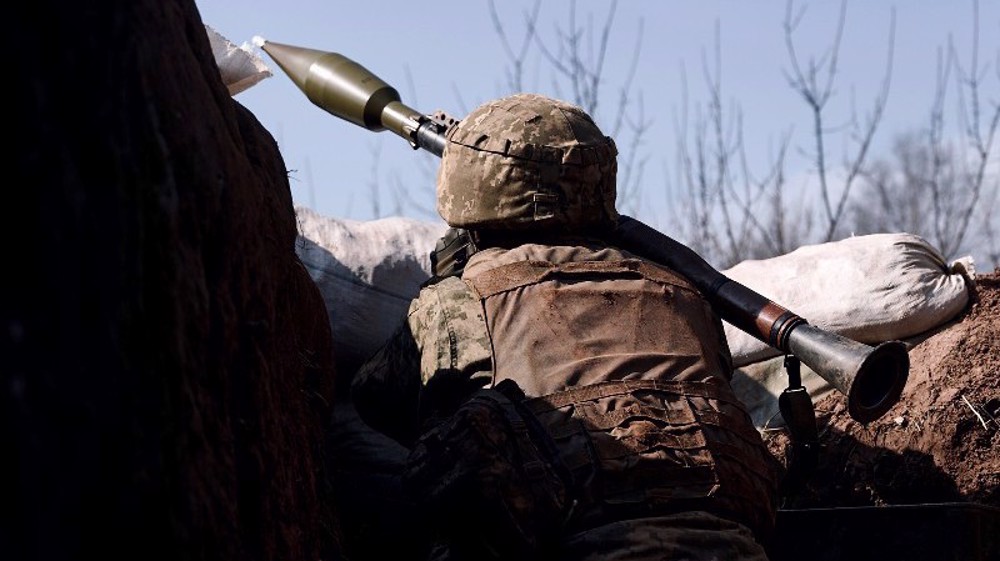
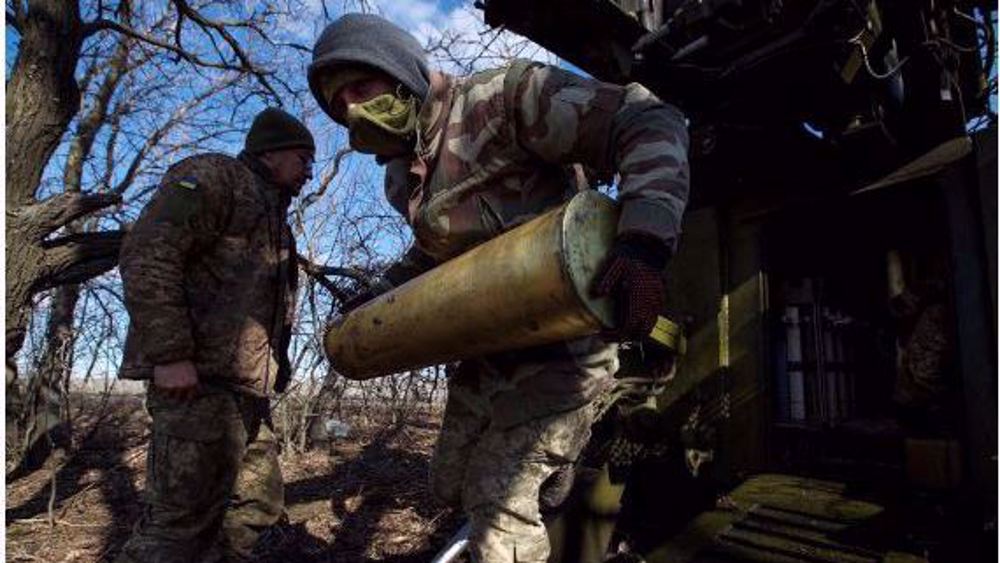
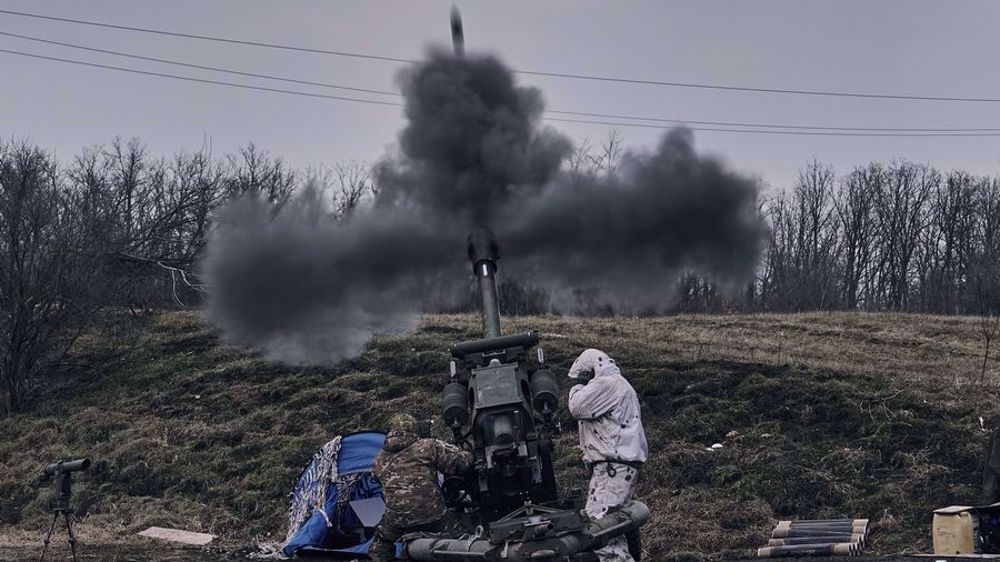
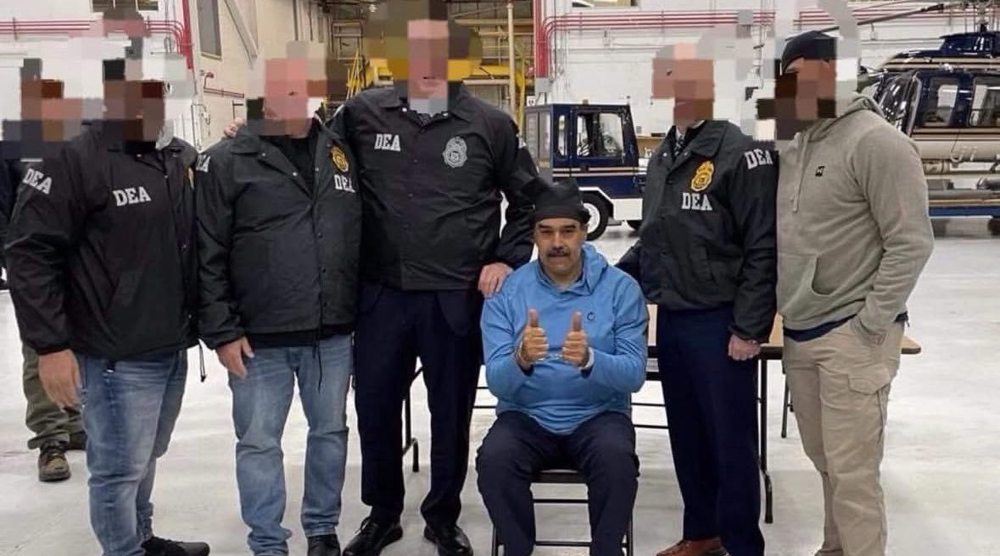
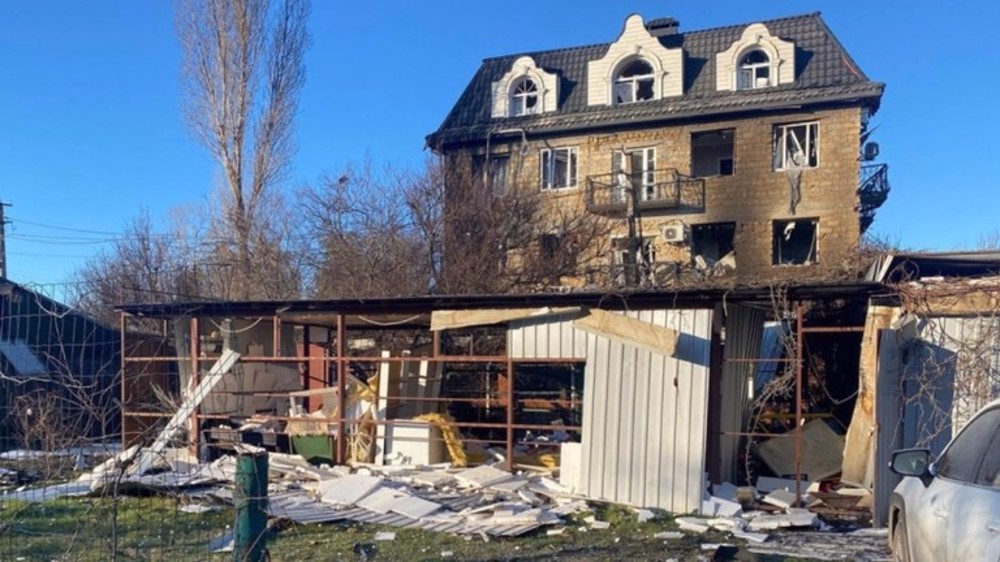
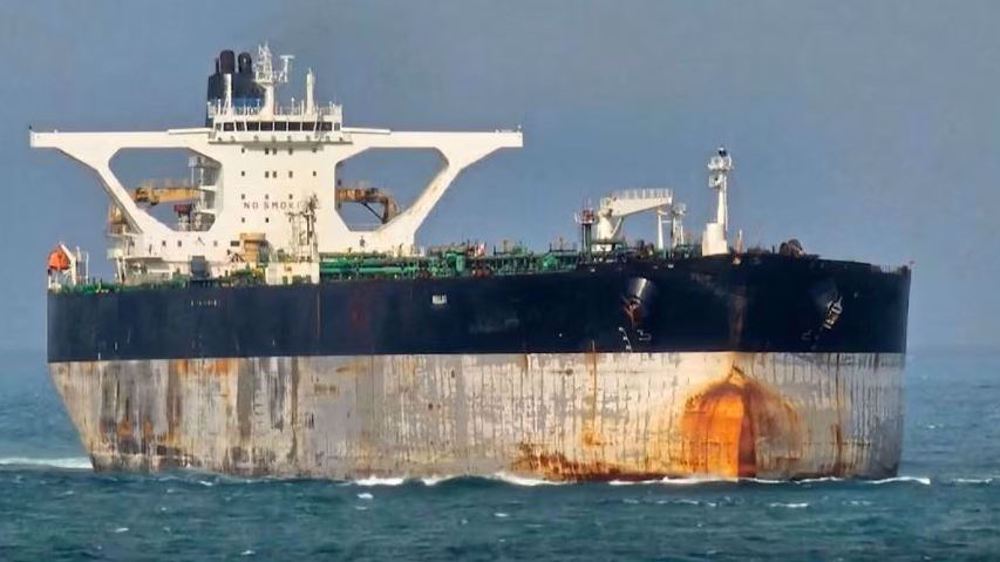




 This makes it easy to access the Press TV website
This makes it easy to access the Press TV website